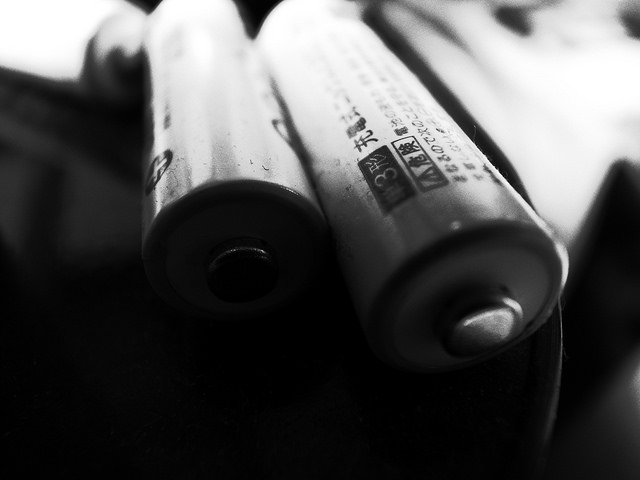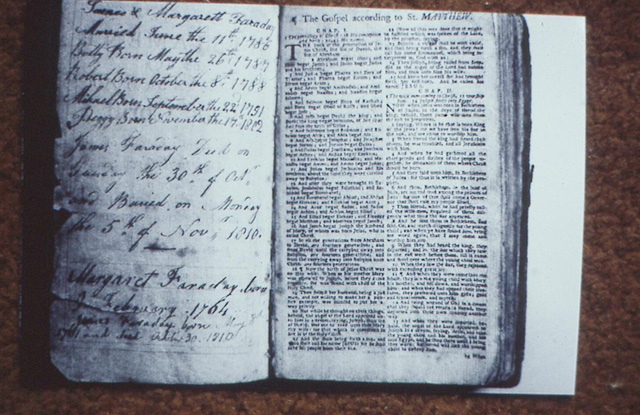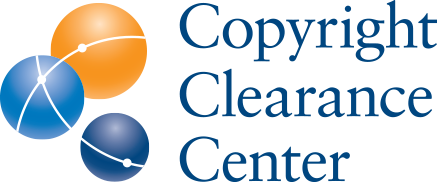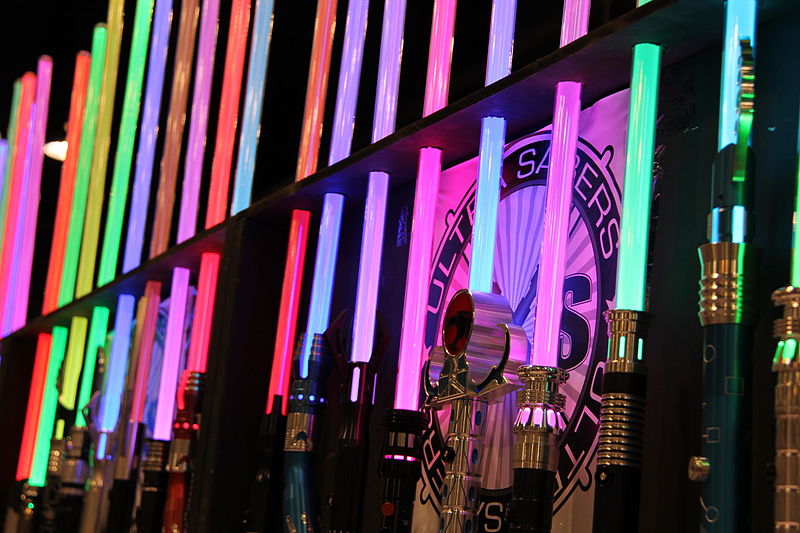
Image: Toshiyuki Imai/Flickr
In a push for more basic research funding for electrochemical science, past ECS President Daniel Scherson testified before a U.S. House subcommittee to discuss innovations in solar fuels, electricity storage, and advanced materials.
“I want them to understand where electrochemistry fits in many aspects of our lives,” Scherson, the Frank Hovorka Professor of Chemistry at Case Western Reserve University, said prior to the hearing.
During the hearing, Scherson emphasized to the subcommittee that in order to solve some of society’s most pressing problems, more federal funding to basic electrochemistry research is critical. He further explained that without efforts in electrochemistry, nearly all aspects of energy storage and conversion – including batteries, fuels cells, EVs, and wind and solar energy – would cease to be viable.
“Electrochemistry is a two century old discipline that has reemerged in recent years as a key to achieve sustainability and improve human welfare,” Scherson told the subcommittee.
In recent years, budget cuts in federal spending have adversely affected scientific research. In April of this year, Sen. Jeff Flake (R-Ariz.) launched an attack on federal research dollars in the form of the Wastebook – a report detailing specific studies that the senator believes to be wasteful spending.






